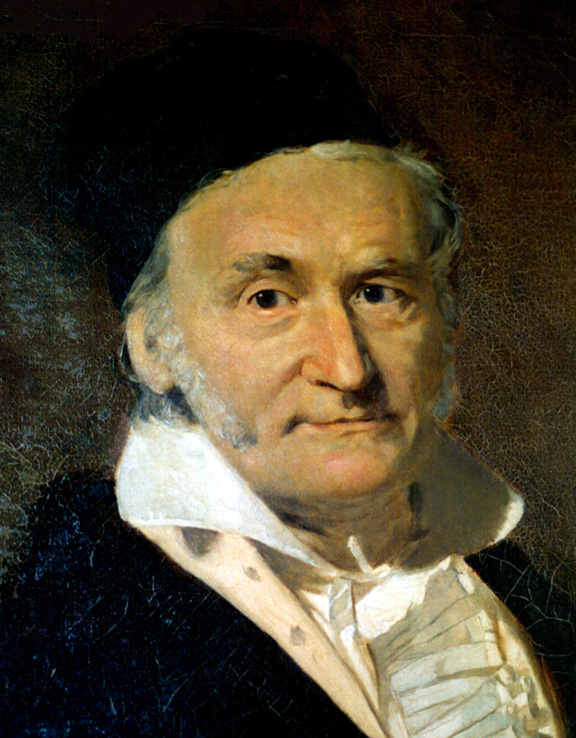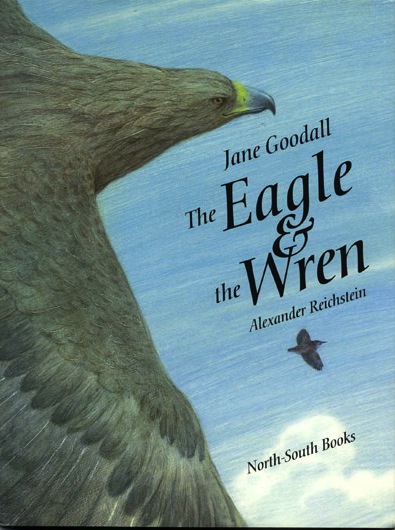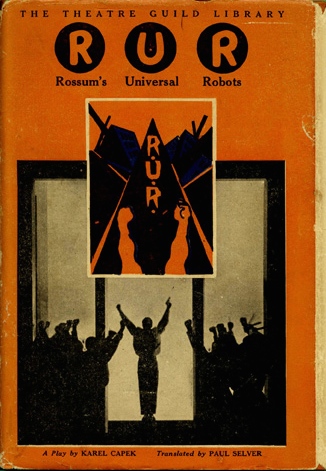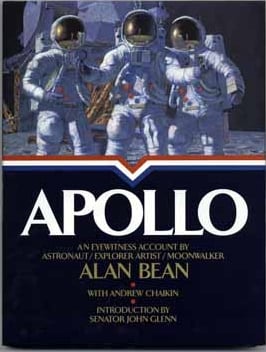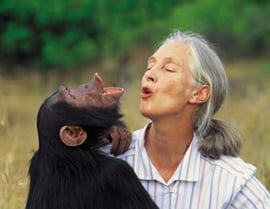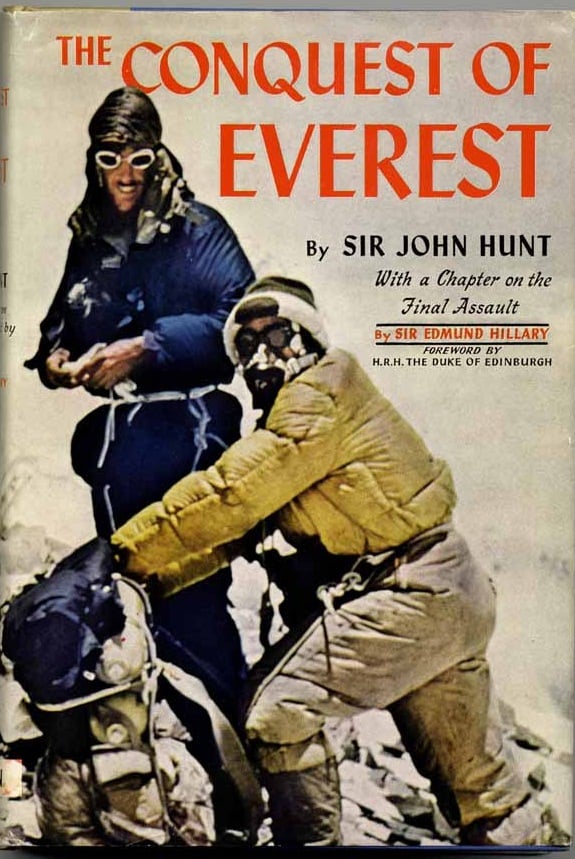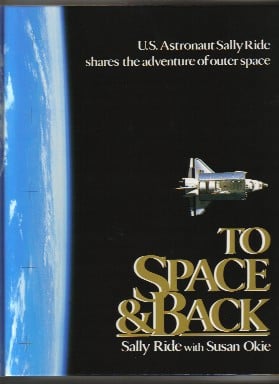Dr. Norman Vincent Peale, author of The Power of Positive Thinking coined the phrase: “Shoot for the moon. Even if you miss, you’ll land among the stars.” While he probably didn't have 19th century German mathematician Carl Friedrich Gauss in mind when developing the sentiment, he may well have. Actually, in Gauss’ case, it would be more fitting to say “shoot for the comet,” the Ceres comet at that, and as it turns out, the math genius didn’t have to be too concerned with missing.
us toll free: 1-800-948-5563 international: +1 (843) 849-0283 UK: +44 (0) 1334 260018




